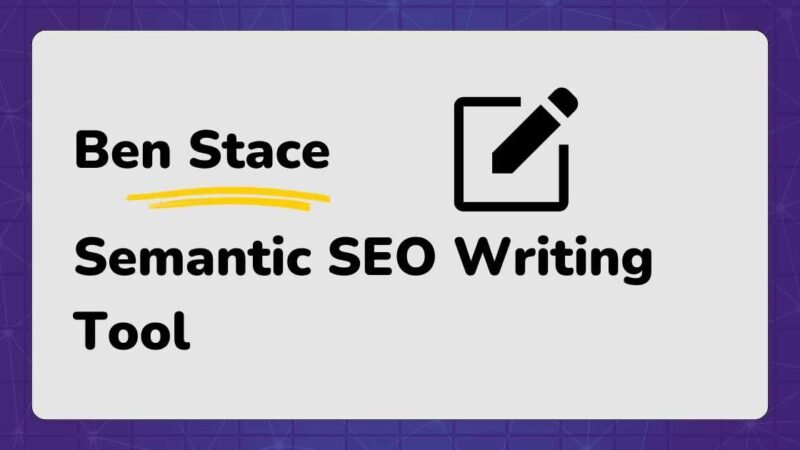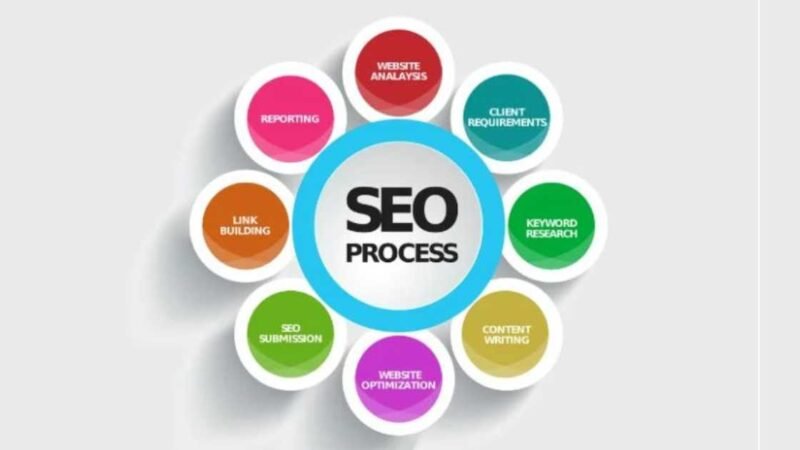12 Powerful Benefits of Social Media in Today’s World

Social media has transformed our world in numerous ways. Today, it’s much more than a place to post pictures or message friends. Over time, social media has evolved into a powerful tool for communication, education, business, and activism. While there are certainly some drawbacks to social media, it’s important to recognize the many benefits it brings to individuals and society. Here are 10 reasons why social media is a force for good.
1. Connecting People from All Over the World
One of the most remarkable aspects of social media is its ability to break down geographic barriers. Platforms like WhatsApp, Instagram, and Facebook have made it easier than ever to stay in touch with family, friends, and colleagues across the globe. Whether you’re keeping up with someone in a different time zone or meeting new people through shared interests, social media brings the world closer together.
Example:
Think about the last time you reconnected with a friend from another country. With social media, it’s as if you were just around the corner.
2. Raising Awareness for Important Causes
Social media has become a powerful tool for raising awareness about critical issues. From social justice movements like #BlackLivesMatter to climate change campaigns, social media allows individuals to speak out and mobilize communities for change. These platforms are where the most pressing conversations about inequality, health, and the environment happen.
Example:
During the 2020 protests, social media played a crucial role in spreading awareness about racial injustice, enabling voices that may otherwise have been silenced.
3. Offering Access to Educational Resources
Learning is no longer limited to traditional classrooms or printed books; it has expanded far beyond those boundaries. Social media has made education more accessible than ever. Platforms such as YouTube, LinkedIn Learning, and even TikTok provide free tutorials, online courses, and resources. Students can learn new skills, ask questions in community forums, and connect with educators across the globe.
Did You Know?
A recent study showed that 60% of students use YouTube for educational content, making it one of the most valuable learning tools today.
4. Fostering Creativity and Personal Expression
Social media platforms have become powerful spaces for people to express their creativity in unique and engaging ways. Whether it’s through sharing artwork on Instagram, making videos on TikTok, or pinning designs on Pinterest, social media encourages individuals to express their unique talents. Many have turned their passions into successful careers thanks to the visibility social media offers.
Example:
Consider how musicians, painters, or writers share their work on platforms like Instagram or SoundCloud. These platforms help them gain recognition and create a fan base from across the world.
5. Helping to Build Professional Networks and Advance Careers
Social media has revolutionized professional networking. LinkedIn, for example, allows individuals to connect with potential employers, industry peers, and mentors. It’s no longer necessary to attend in-person events to grow your professional network—everything you need is just a click away. Social media also enables small businesses and freelancers to promote their work and build a personal brand.
Bonus Tip:
Your LinkedIn profile isn’t just an online resume—it’s a reflection of your professional identity. Use it wisely to share insights and engage with thought leaders in your field.
6. Strengthening Communities and Providing Support
Through social media, individuals can connect with people who share similar experiences and challenges. These online communities offer a safe space for people to express themselves, share advice, and offer support to others. Whether it’s a mental health support group or a fitness community, these spaces help individuals feel less isolated.
Example:
Many mental health campaigns, such as #ItsOkayToNotBeOkay, have helped normalize conversations about mental well-being and provide resources for those in need.
7. Empowering Small Businesses
Social media is a game-changer for small businesses, especially those with limited marketing budgets. Platforms like Instagram, TikTok, and Facebook allow businesses to reach a vast audience, promote products, and build a loyal customer base. With features like Instagram Shopping and Facebook Marketplace, businesses can sell directly to customers without needing a physical storefront.
Did You Know?
Social media advertising offers a more cost-effective way for small businesses to gain visibility compared to traditional advertising methods.
8. Promoting Mental Health Awareness and Support
While social media has received criticism for its role in mental health struggles, it has also provided a platform for promoting mental health awareness. Campaigns on platforms like Twitter and Instagram help reduce stigma, educate the public, and provide resources for those struggling with mental health challenges.
Example:
In recent years, the #MentalHealthAwareness movement has gained significant traction on social media, helping people understand that mental health is just as important as physical health.
9. Providing Instant Access to Real-Time Information
In emergency situations, social media is often the quickest way to access real-time information. Whether it’s breaking news, weather updates, or disaster response, social media platforms like Twitter and Facebook allow people to stay informed and share critical information with others during a crisis.
Example:
During the California wildfires, residents used Twitter to share evacuation routes, safety tips, and updates from emergency responders.
10. Driving Positive Social and Political Change
Social media has been at the heart of many positive social changes. Activists, charities, and community leaders have used these platforms to organize campaigns, raise funds, and spread important messages. With the click of a button, people can unite and take action for causes they believe in.
Example:
Crowdfunding platforms on social media helped raise millions for charity organizations after disasters like the earthquake in Haiti and the Australian bushfires.
Table: The Impact of Social Media on Different Sectors
| Sector | Benefit |
|---|---|
| Communication | Bridges global divides, allowing individuals to stay in touch effortlessly. |
| Education | Offers free courses, tutorials, and peer-to-peer learning. |
| Creativity | Provides a platform for personal and professional creative expression. |
| Professional Growth | Facilitates networking and career advancement opportunities. |
| Mental Health | Raises awareness and provides support for mental well-being. |
| Small Business | Enables businesses to reach broader audiences and increase sales. |
FAQs About Benefits of Social Media
1. How does social media impact mental health?
Social media provides a platform for individuals to seek support and connect with others facing similar challenges. It also helps raise awareness, reduce stigma, and promote mental health resources.
2. How can social media help small businesses grow?
Small businesses can use social media to promote their products, connect with customers, and build a brand. It’s a low-cost way to market and engage with audiences.
3. Does social media really help people advance in their careers?
Yes! Platforms like LinkedIn allow users to network, gain exposure, and showcase their expertise, helping to open doors to new career opportunities.
4. Can social media foster creativity?
Definitely. Platforms like Instagram, Pinterest, and TikTok encourage users to share their creativity, whether it’s through art, music, or writing. Many individuals have turned these platforms into careers by gaining followers and recognition.
11. Social Media and its Role in Political Movements
Social media has become a key tool in political activism. Movements like #MeToo, #BlackLivesMatter, and campaigns advocating for climate change have spread globally through hashtags and viral content. These platforms empower citizens to raise their voices for change, often leading to real-world results.
12. Bridging Generational Gaps
Social media bridges generational divides, enabling communication across all age groups. Whether it’s grandparents sharing family photos on Facebook or teenagers discussing current events on TikTok, social media connects people of all generations, fostering stronger family bonds and societal understanding.


